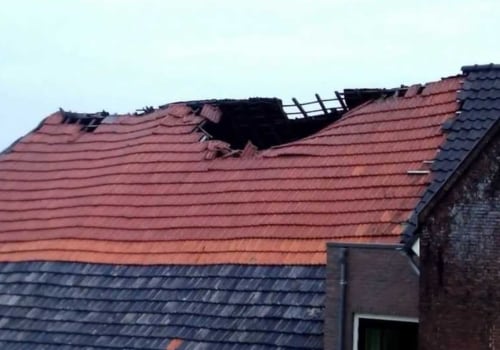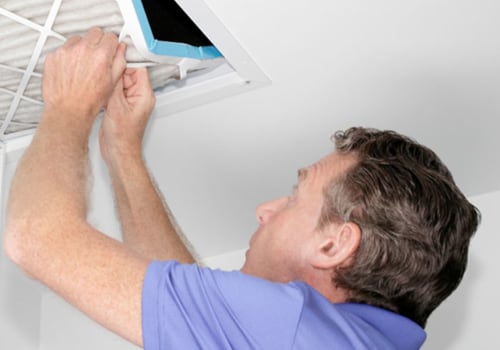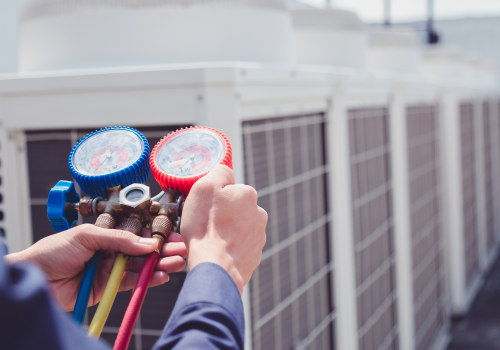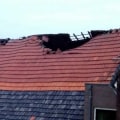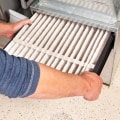When it comes to air filters, it's easy to assume that thicker is better. After all, more filtration means more protection, right? But when it comes to air conditioning units, this isn't always the case. If you get a filter with pleats that are too thick, the filter could get dirty quickly and cause your AC unit to work harder than it needs to. The thickness of the air filter depends on the configurations of your system.
The general best practice is to use the thickest air filter you can for maximum efficiency, but never try to force an air filter to fit in a space it's not designed for. Using an incorrectly sized air filter won't necessarily damage your HVAC system, at least not immediately. However, it has an impact. Using the wrong size reduces the efficiency of your heating and cooling system, which can add up quickly and become more apparent on your next utility bill.
If the filter is too dense, the heater or air conditioner may need to run longer to counteract increased air resistance. Too small a filter allows contaminants to build up on critical components, which impairs performance. The right filter will improve your health and comfort without sending utility bills through the roof. One of the immediate consequences of using an incorrect air filter is a drop in airflow from the ventilation grilles around your home, which leads to a decrease in comfort.
Pressure on the blower motor will cause it to work harder, creating higher bills. There is also an increase in pressure throughout the ventilation system that can create air leaks in the ducts and cause problems with the air conditioner, such as frozen coils. It's easy to dismiss South Carolina's highest energy bills as just a sign of the times. However, an incorrect air filter can reduce HVAC efficiency and increase heating and cooling costs. Thick air filters may automatically seem like the best option.
However, with most HVAC systems, you should be able to adapt a media filter cabinet, either under the oven or on the side. Virtually any HVAC professional will tell you that thicker filters perform better than regular 1-inch oven filters. Deeper depth can also improve filter life and efficiency; they also make it easier for air to enter and exit the filter. Air cleaner thickness ranges in size from 1 to 5 inches deep; some options are more common than others, and your oven may dictate the thickness you can use. The arrow on the filter should always face the unit and away from the return air duct that carries the air to be heated or cooled. A good benchmark to follow when considering MERV ratings is that if they are higher than 13, the folds will most likely be too thick for your filter. And while media filters produce more airflow (less pressure drop) and clog less easily, you should be careful with the MERV rating. Although it may seem exhausting to dive into the world of air filters right after researching to choose your air conditioner or oven, it's extremely important to make sure you have the right one.
Uneven air pressure can cause your HVAC system to work too hard and ultimately damage the unit and increase energy costs. If you moved to a new house or had someone change your air conditioner filters for you, you might notice that whoever did the work put in a filter that was too small or too large. Indoor air quality is often poor because houses are built today to insulate heat in the summer and seal it during winter, which means there is not much fresh air circulation. Using an incorrectly sized air filter won't necessarily damage your HVAC system, at least not immediately. Using the wrong size reduces the efficiency of your heating and cooling system, which can add up quickly and become more apparent on your next utility bill. If you get a filter with pleats that are too thick, the filter could get dirty quickly and cause your AC unit to work harder than it needs to. Therefore, it's important to make sure you have the right one so that you don't end up paying more than necessary on energy bills.
